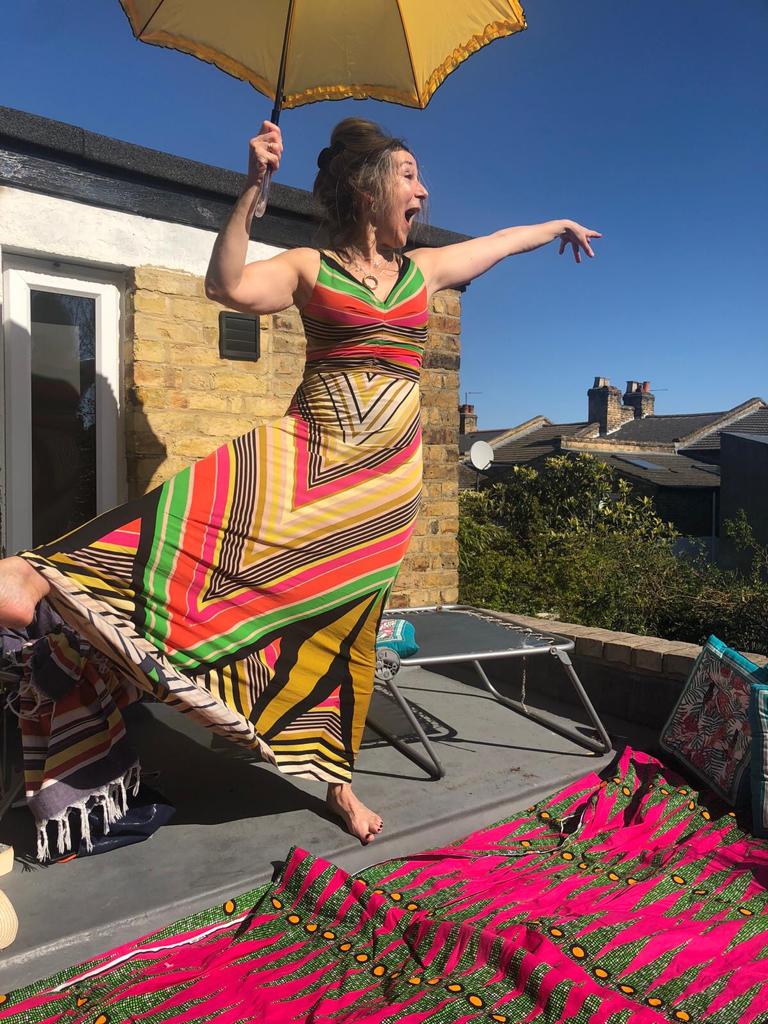Delia Jarrett Macauley, the youngest daughter of Sierra Leonean parents, is a novelist, biographer, academic and broadcaster. Her first novel, Moses, Citizen & Me, received the 2005 Orwell Prize for political writing.
How to start with creative writing?
Sometimes getting started can be the hardest part, Dee has some ideas that might help you to think about creative ways to begin responding to the Orwell Youth Prize 2020 theme: The Future We Want.
Short Writing Exercises
1. It’s Your Title
Look: I’ve selected a group of novels at random from one of the study shelves. Pick one of the titles and write your own story. If you feel stuck for ideas, just let your pen move freely across the page for a couple of minutes. Then make a story from what emerges.
When you’ve finished your piece, check out the book. Does your story share any similarities with the published novel?
2. Reliving an event
We share experiences with other people, parents, guardians, friends and teachers.
But our memories are individual. Below is the beginning of a conversation. Extend this piece to develop the characters’ different memories.
‘I remember, this is the bit where he plants the flag on the moon, and then..’
‘But what do you mean you remember?’
‘What?’
‘You weren’t born yet!’
3. What’s beyond the frame?
Look: Create a story, featuring the woman in the photograph. It was taken on March 23rd, the day Boris Johnson announced the lockdown.
4. Cousin’s Letter
Here are a few sentences from a letter written by one of my cousins in West Africa. Write a reply.
‘We are very scared about the Coronavirus. We just keep praying that it does not enter our country. Firstly, we do not have the requisite health infrastructure to handle it…. The Government is trying to sensitise people, but you know how stubborn our people are…’
Longer Writing Projects
5. ‘A National Pantomime’
In 1996, the teenager Bidisha wrote:
‘The future does not look encouraging. Racially, socially, culturally we are all busy defining codes of behaviour, redefining attitudes and confronting modern dilemmas. Continual disappointment has led to politics being considered more of a national pantomime, part-comedy and part-tragedy, than a tool of the people.’
Write a creative piece exploring the idea of politics as a ‘national pantomime.’ Devise characters who capture the spirit of pantomime. Where’s the comedy, where’s the tragedy?
6. Standing up for something that you believe in even when the majority of people are against you
Have you ever had a hobby that you loved but your friends didn’t? What about fashion style? How did it make you feel? Did you change or stand up for yourself?
a) Write a short piece about it.
b) Imagine you believed in a faith that others hated? What if you were denied human rights that everyone is entitled to? This has happened to millions of people around the world. Now, create a character who speaks up for their rights. What belief does the character hold? How far will they go to do what they think is right for themselves, a group of people and/or society? Create the character’s biography (name, age, gender, place of birth, siblings, faith, job/education etc)
- d) Write a dialogue between your character – the protagonist – and someone who holds a different opinion – the antagonist.
- The characters have to meet, discover each other’s objectives, raise the conflict and have a resolution (doesn’t have to be happy, just honest to the characters). This task is all about dialogue.


